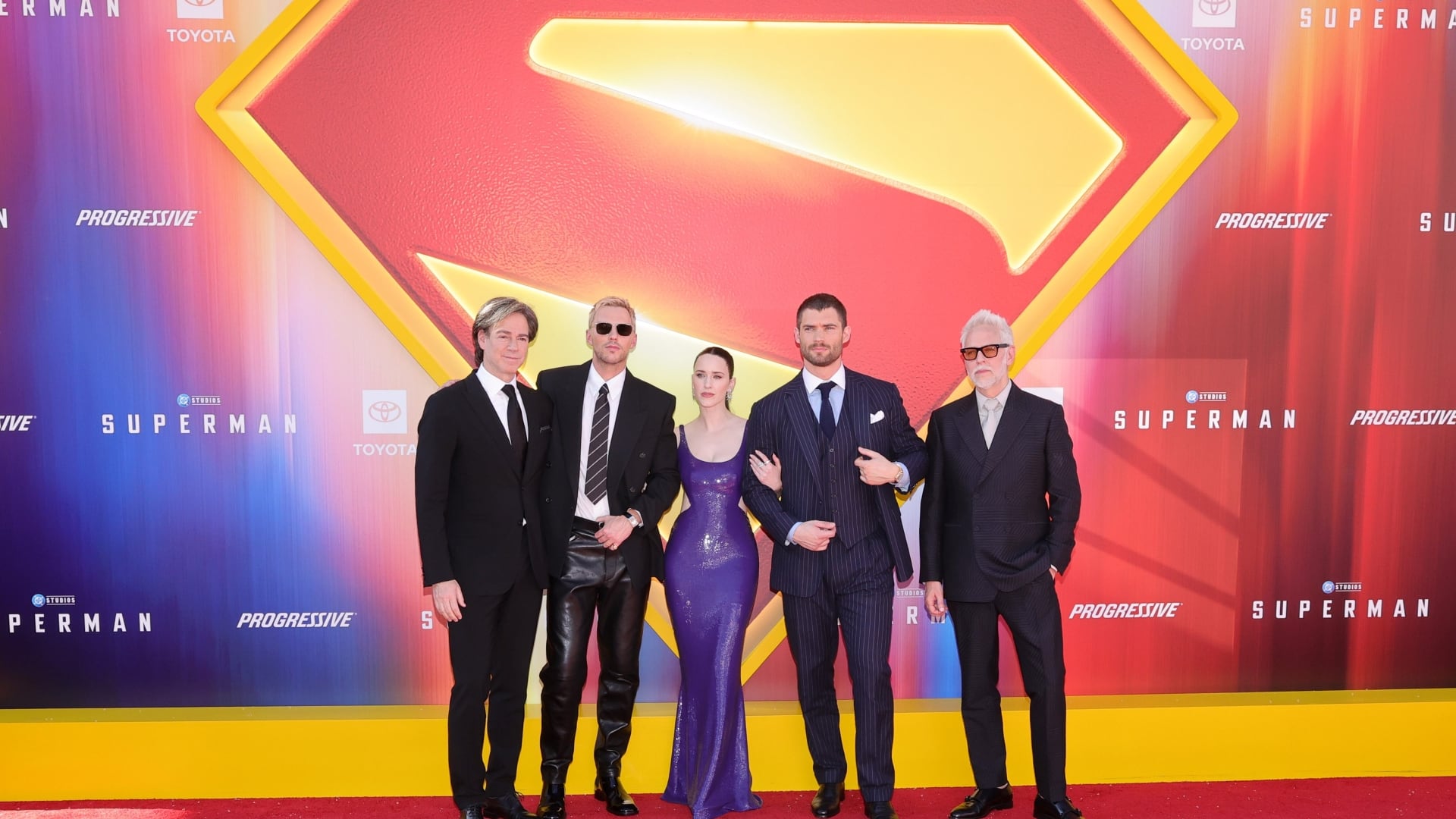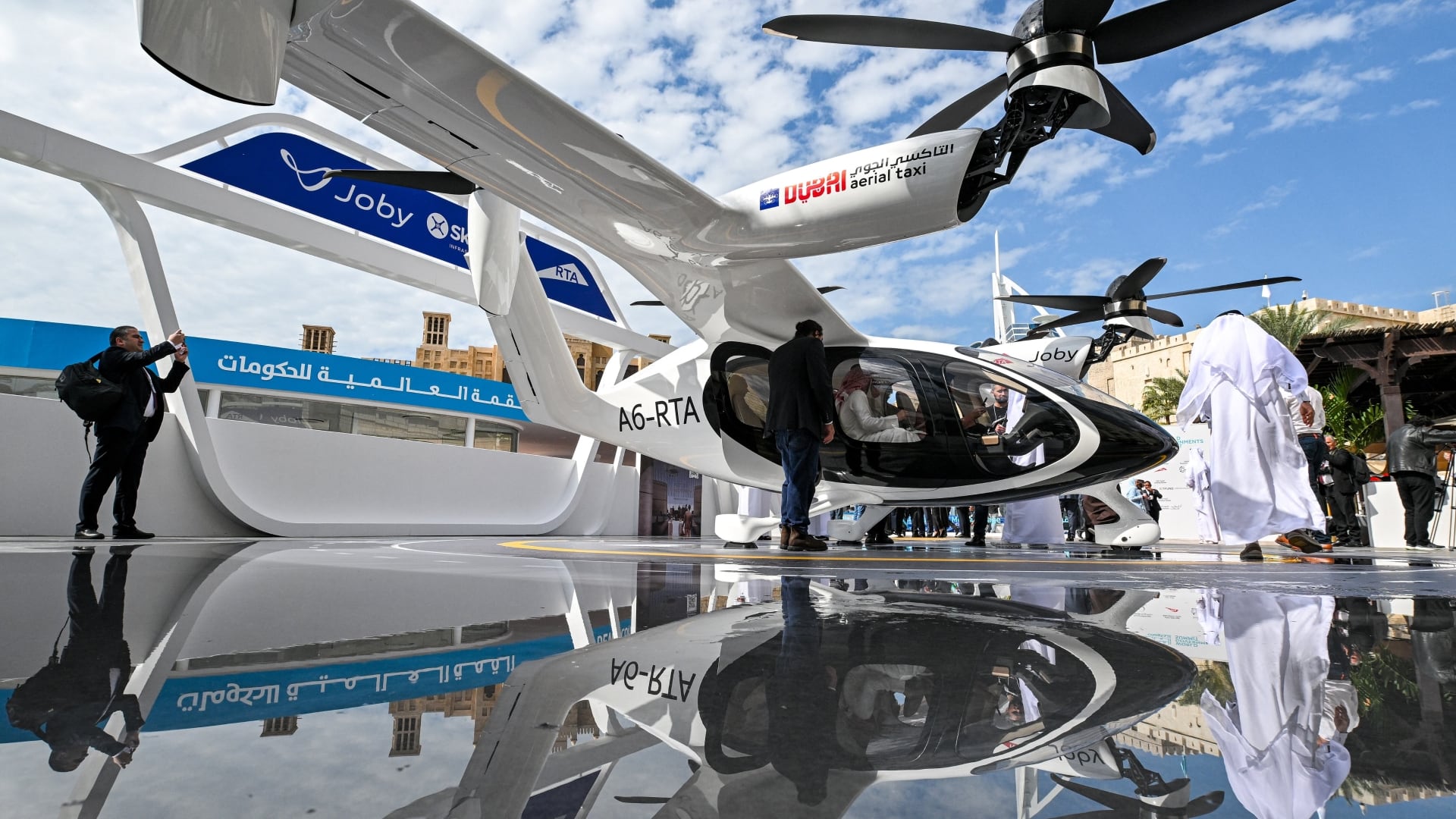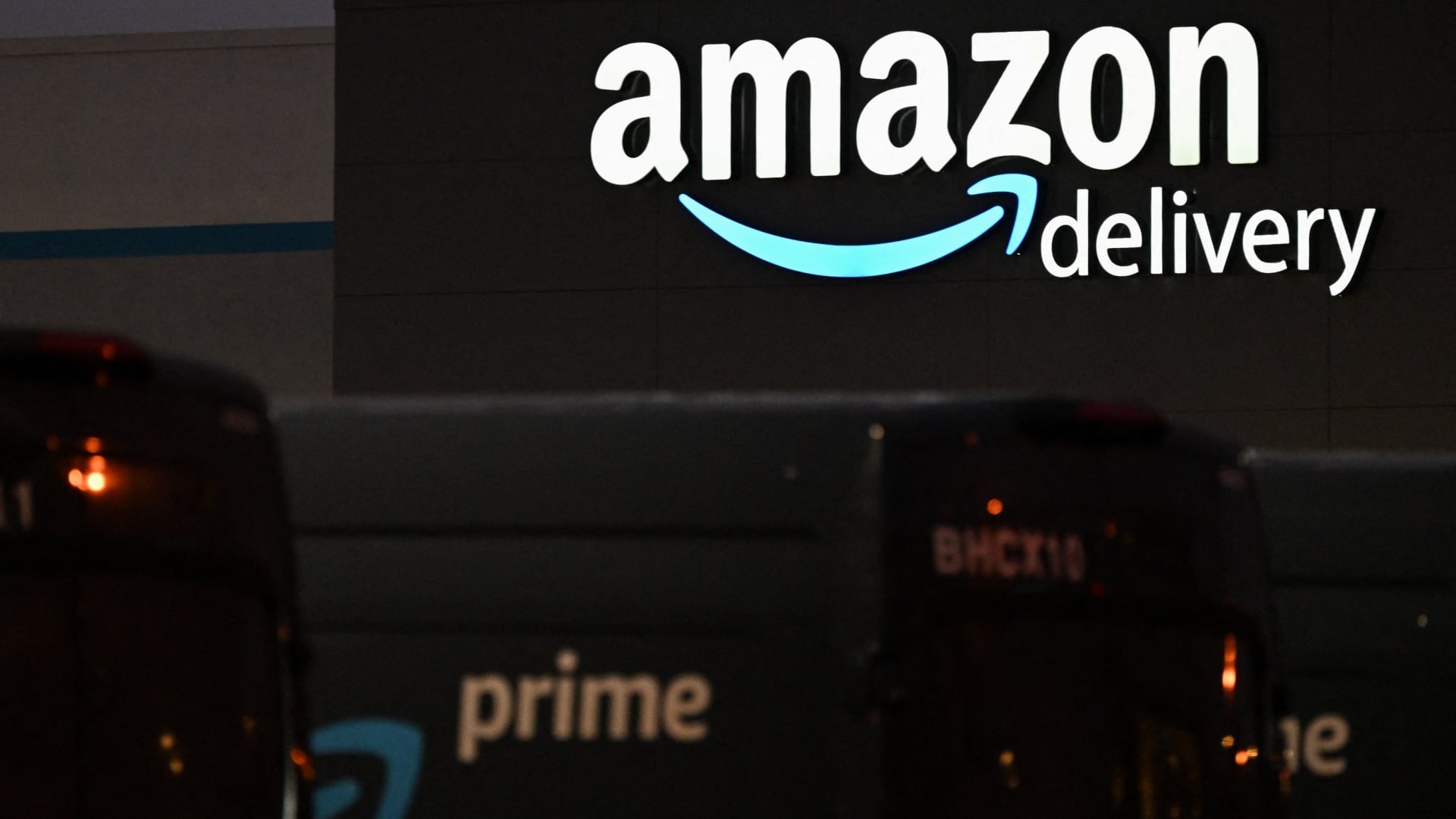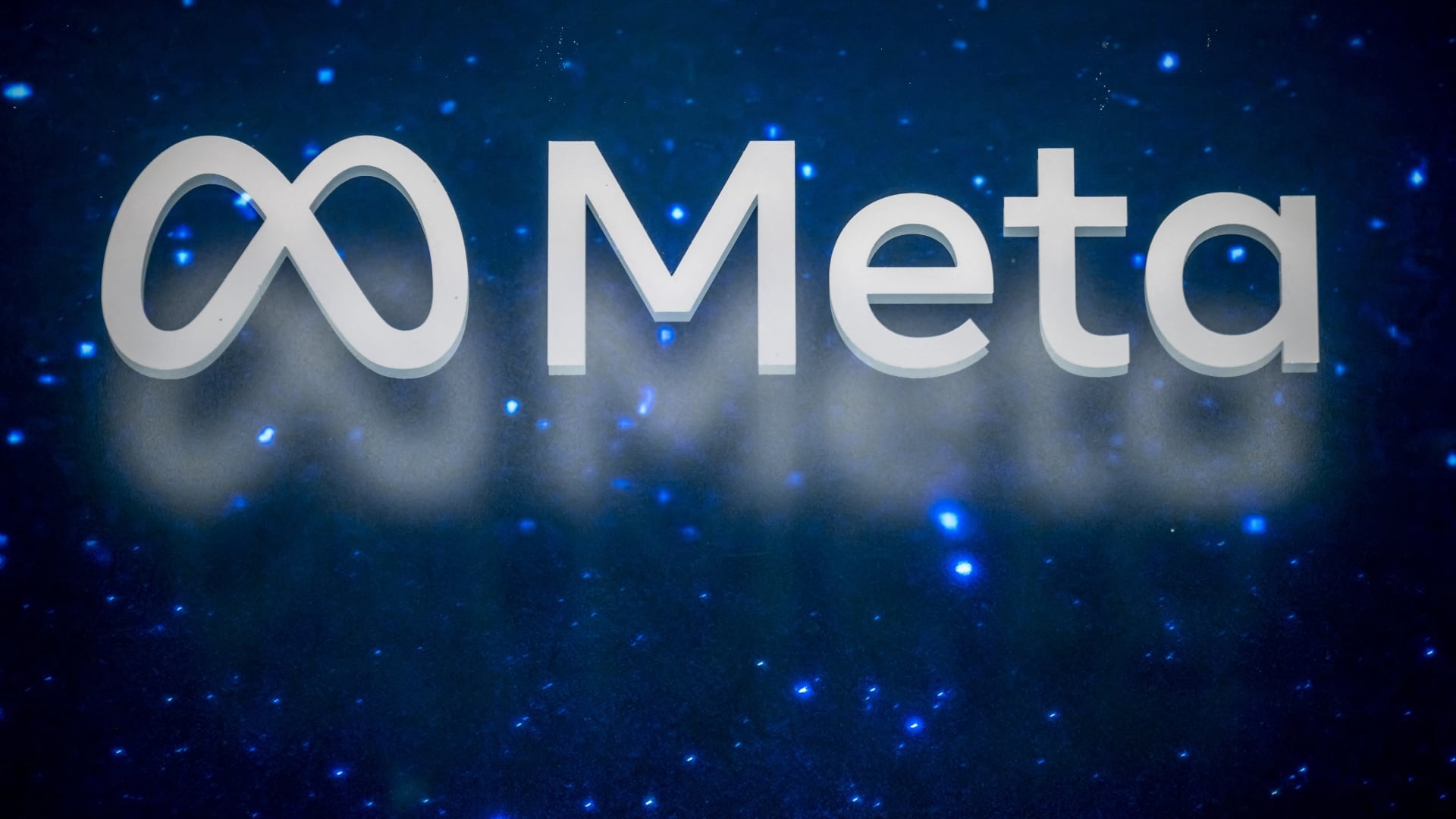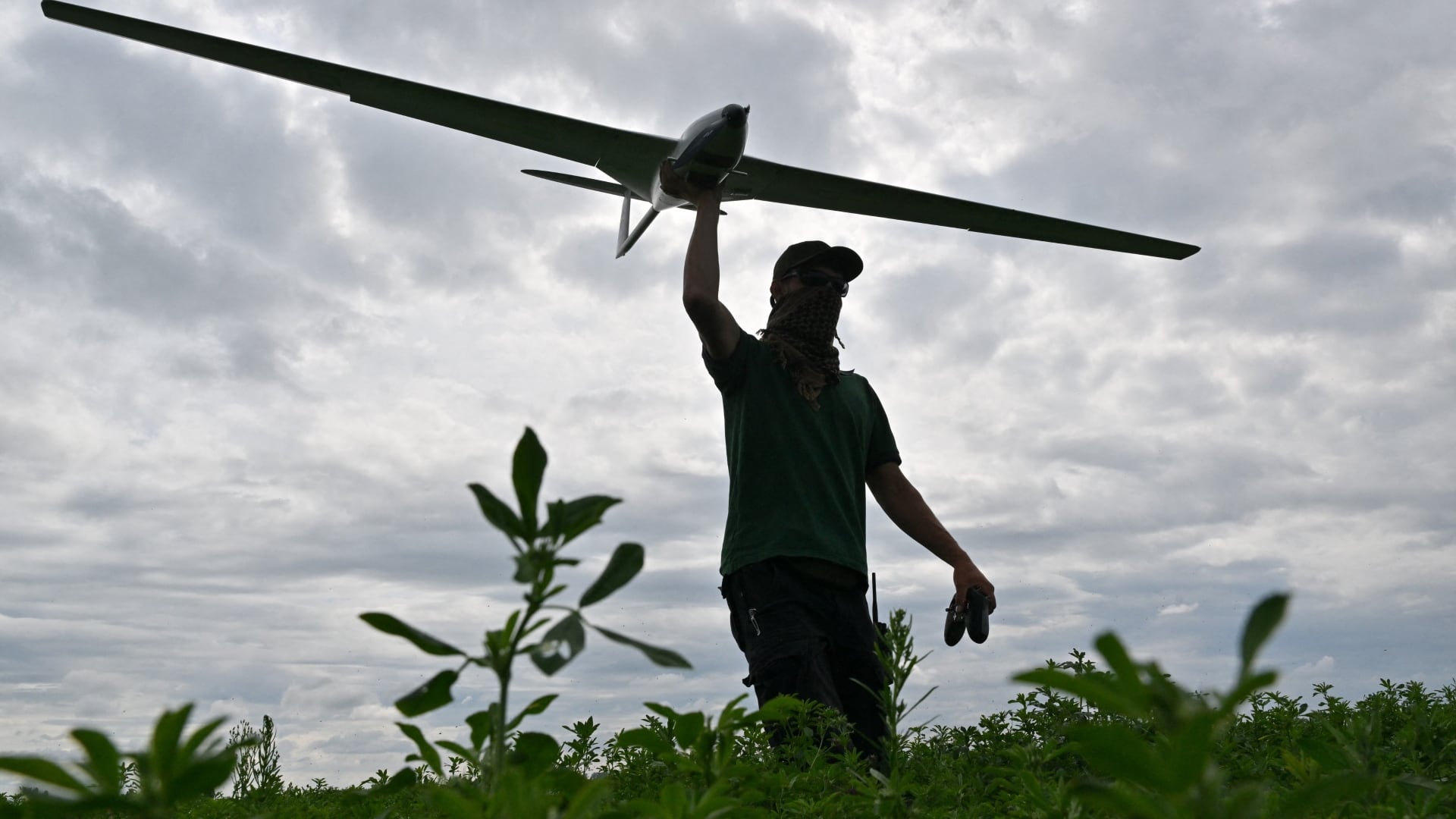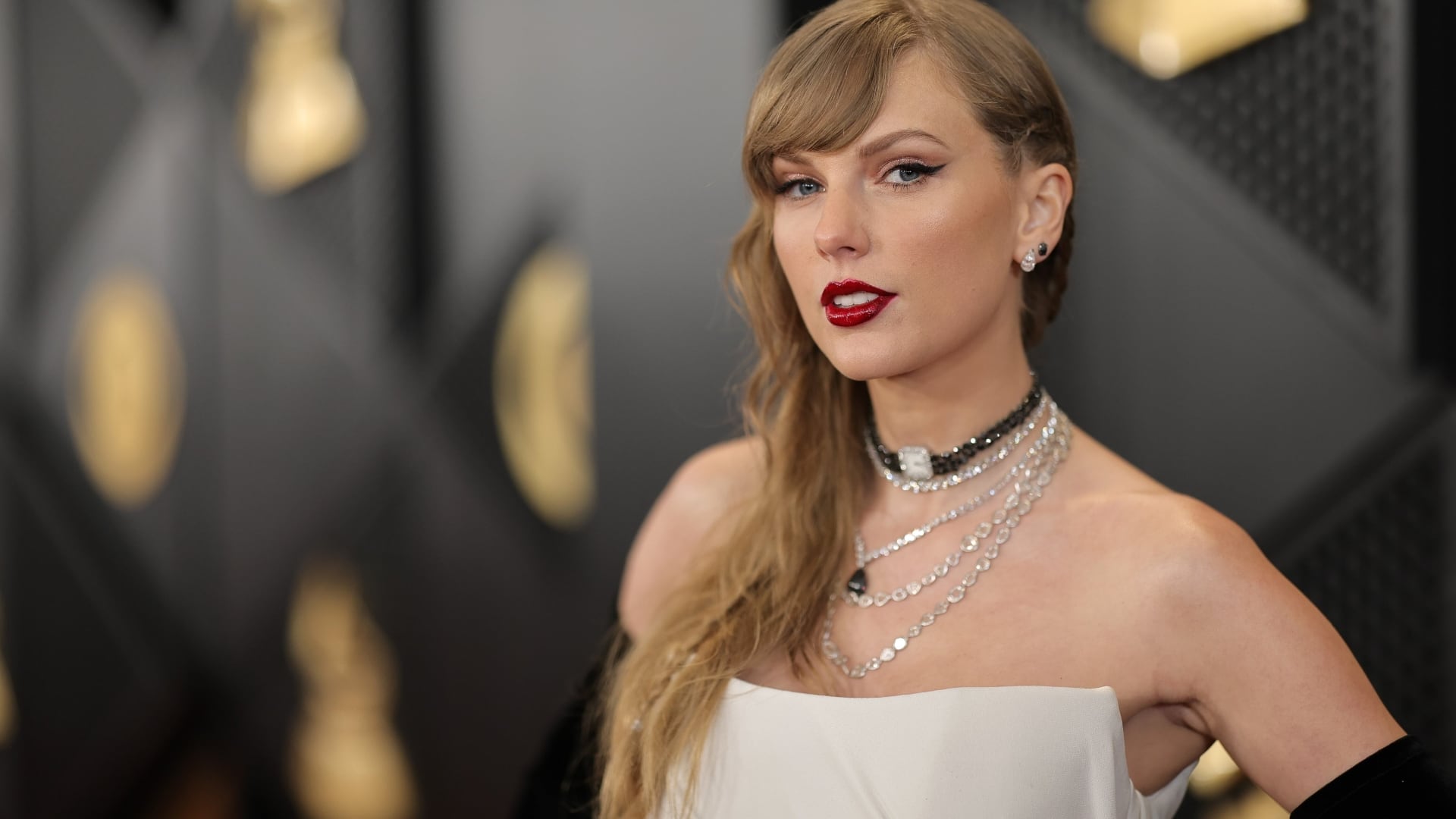Pinterest made its market debut Thursday morning on the New York Stock Exchange, quickly trading up at $23.75, nearly 25 percent higher than its initial public offering price.
The company announced Wednesday evening it planned to sell 75 million shares at $19 a piece, which valued the business at over $12 billion. Already, the IPO price was an increase from Pinterest’s expected price range of $15 to $17 per share.
“The market seems to be giving it a warm reception,” John Tuttle, the NYSE’s COO and global head of listings, told Cheddar on Thursday just ahead of the first trade.
Pinterest ($PINS), which is used mainly as an online platform for sharing design interests, is the latest Silicon Valley darling to go public and has roused investors for months.
"I was not entirely surprised by the IPO price," said Elliot Lutzker, a former SEC attorney and partner at Davidoff Hutcher & Citron. "They were being conservative in their pre-IPO range in an effort, in all likelihood, to avoid a drop like in Lyft stock."
Lyft ($LYFT) went public last month and shares have slumped 17 percent since the IPO, leading to an investor lawsuit claiming the company had overhyped its market position.
As it seeks to under-promise and over-deliver, Pinterest has grown to serve 250 million monthly active users -- known as Pinners -- and completes over 2 billion monthly searches. Over 4 billion inspiration boards have been created by Pinners since the company’s founding in 2010.
“Investors are excited to be part of that,” Stacey Cunningham, NYSE’s president, told Cheddar, adding that she herself is a Pinner, using the platform to search for clothes, food, and home decor.
Pinterest, however, isn't profitable, making it the latest tech startup to go public before proving to investors it can make more money than it spends to sustain its business.
The San Francisco-based company earned $755.9 million in revenue in 2018, an increase from $472.8 million in 2017, according to its filing with the federal Securities and Exchange Commission. However, Pinterest generated a net loss of $130 million in 2017 and $63 million in 2018.
"For 2018 their loss of about 8 percent for each dollar of revenues is far less than Lyft’s approximate 41 percent loss on revenues, or what Uber has shown to date," Lutzker noted.
Pinterest said its growth strategy is based on improving Pinner products, such as making the site more shoppable, increasing advertising products and capabilities, and developing stronger advertiser relationships.
“We’re still in the early stages of our monetization efforts,” the company wrote in its SEC filing. “Our ability to develop new and improve existing advertising products will be an important driver of our future growth.”’
In its value proposition to advertisers, Pinterest touted its much-sought-after millennial audience, 67 percent of which is female. That includes eight out of 10 moms in the U.S., women who “are often the primary decision-makers when it comes to buying products and services for their household,” according to the company.
Pinterest also said that since consumers use the platform for inspiration, the “alignment between Pinner and advertiser objectives differentiates Pinterest from other services."
“They have to demonstrate a clear pathway to profitability for the company, sustaining losses indefinitely is not necessary something investors are going to be warm to,” Tuttle said.

